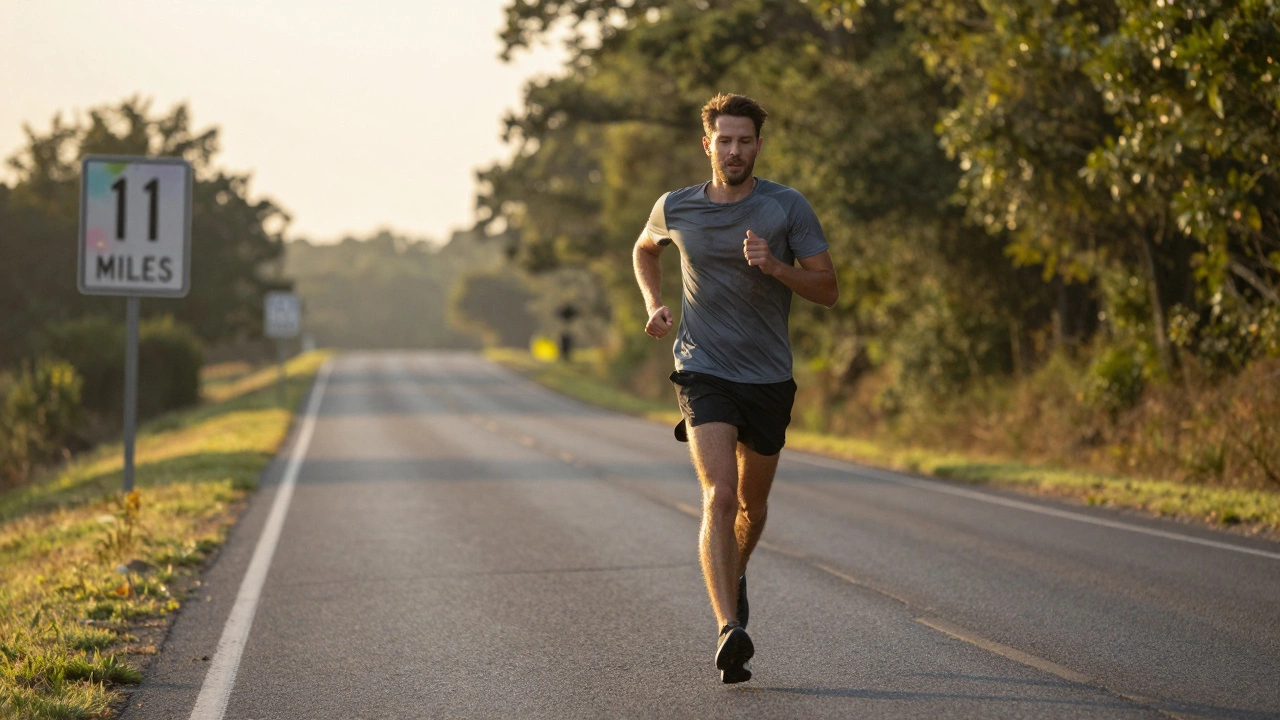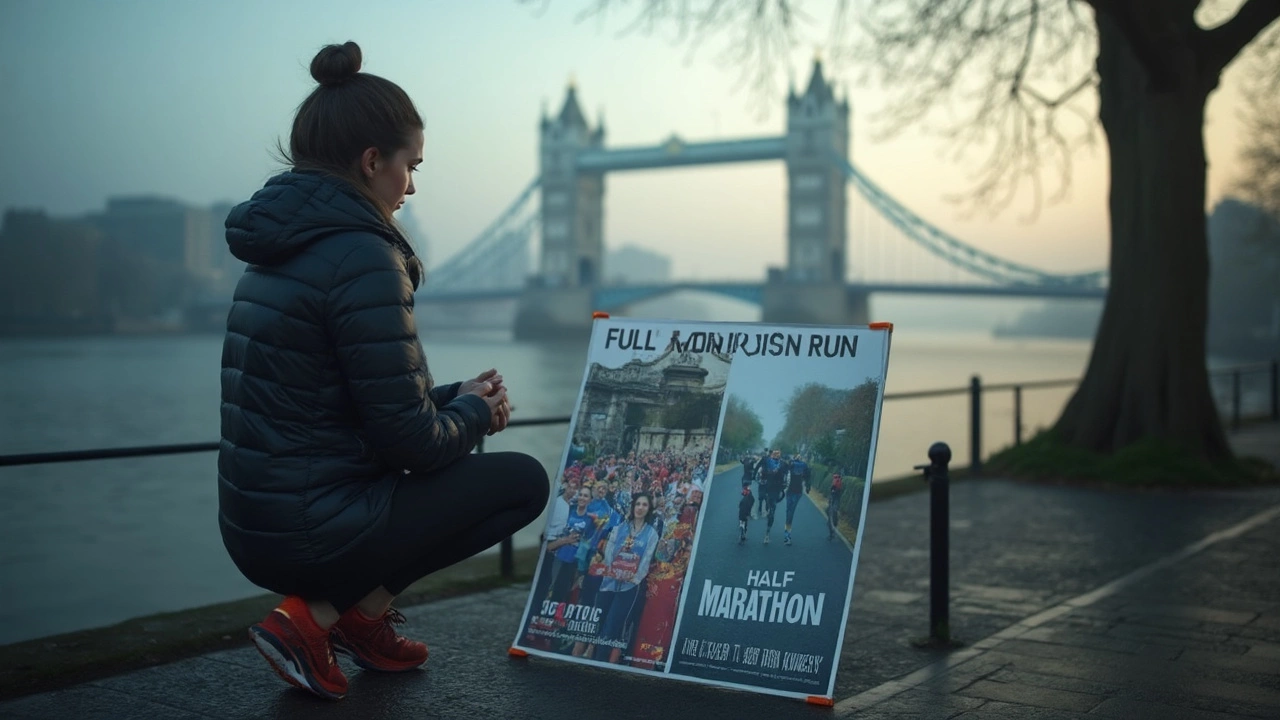Half Marathon: What It Is, Who Runs It, and Why It Matters
When you hear half marathon, a 13.1-mile running event that’s challenging but achievable for most healthy adults. Also known as 21K, it’s the sweet spot between a 5K and a full marathon — long enough to test your grit, short enough to train for without quitting your job. It’s not just for elite runners. In Nottinghamshire, senior athletes in their 50s, 60s, and even 70s are crossing half marathon finish lines every year. They’re not racing for trophies. They’re running because it keeps them strong, sharp, and connected to their community.
This is where running shoes, specialized footwear designed to cushion impact and support foot movement over long distances matter. You don’t need the most expensive pair, but you do need ones that still have life left in them. Worn-out cushioning? That’s how injuries start. And if you’re training for a half marathon, a 13.1-mile running event that’s challenging but achievable for most healthy adults, your shoes need to last through weeks of miles. That’s why so many runners here check tread wear and replace their kicks before hitting 400 miles. It’s not guesswork — it’s smart prep.
And then there’s the marathon time, the total duration it takes to complete a full 26.2-mile race, often used as a benchmark for endurance training. People think if you can run a half, you’re ready for a full. Not always. The jump isn’t linear — it’s brutal. But the training for a half? That’s transferable. The pacing, the fueling, the mental grind — it all builds a foundation. Many senior runners in Notts use the half as a stepping stone. Some stick with it because it’s the perfect challenge. No need to train for six months straight. Just 12 weeks of consistent runs, and you’re done.
What you’ll find in the posts below isn’t a list of race results. It’s real talk from people who’ve done it. You’ll see how half marathon training fits into life — with jobs, arthritis, family schedules. You’ll read about what shoes actually worked for older runners. You’ll learn how slow is still fast enough if you finish. And you’ll find out why, for so many in Nottinghamshire, crossing that finish line isn’t about speed. It’s about proving something to yourself — again and again.
If you can run 11 miles, you're close to finishing a half marathon-but not quite ready. Learn what you still need to train for, how to bridge the gap safely, and what most runners get wrong when moving from 11 miles to 13.1.
Have you smashed a half marathon and now wonder if you could double the distance? This article breaks down what really changes as you move from a half marathon to a full marathon. It covers how your body and mind need to adjust, the honest differences in training, and sneaky mistakes people make on their first try. You'll find practical tips to stretch from 13.1 to 26.2 miles and learn how to spot if you’re truly ready for the leap.

